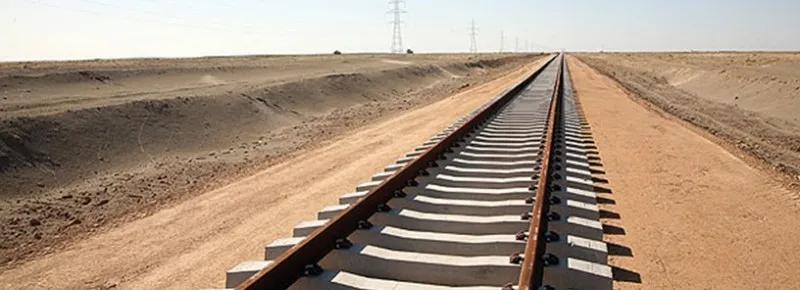Africa-Press – Tanzania. THE Tanzania Railways Corporation (TRC) mulls to construct six new railway routes for commuter trains in Dar es Salaam as part of the ongoing efforts to improve city transport.
TRC General Director Masanja Kadogosa revealed that the new routes would be introduced for commuter trains covering Dar es Salaam and its suburbs.
“With rapid increase of population which is projected to rise from six million to 7.3 million in 2025 and 8.6 million in 2030, the government has a plan of bringing commuter trains with the objective of meeting the increasing demand for transport within the city,” Eng Kadogosa stated.
He made revelations recently when the corporation organised media tour for editors from different media houses to visit the construction sites of the Standard Gauge Railway (SGR).
Eng Masanja outlined the envisaged routes including Route ‘A’ linking the Mikocheni, Mwenge, Ubungo, Tazara and Mtoni areas.
Route ‘B’ will start at the Central Business District (CBD) to Pugu and Airport, while Route ‘C’ would connect Mwenge, Wazo Hill and Bagamoyo.
Route ‘D’ would cover the outer city circle linking Vikindu, Charambe, Chamanzi, Kitunda, Chanika, Pugu, Mbezi, Luguruni, Kibamba to Kibaha. It also goes to Mbezi Luis, Goba, Salasala, Mtongani and up to Kunduchi.
The fifth route (‘E’) would start at the Kilwa Road intersection at Mtoni to Tandika, Yombo Vituka, Vingunguti, Tabata Dampo, Ubungo ending around Bagamoyo Road/Sam Nujoma Road intersection at Mwenge.
The last route (‘F’) starts at the CBD to Kigamboni via the Nyerere Bridge.
“The modern trains that are to be brought are called diesel multiple unity (DMU) that are comfortable for passengers while commuting,” Eng Kadogosa stated.
He further said the operations of the SGR section between Dar es Salaam and Morogoro would start in May 2023 instead of the end of February this year due to contractual changes.
This was due to the construction of a wildlife refuge in Ngerengere, civilian bypass (overpass) and delays in some equipment including locomotives forced the Corporation to move the start time for Dar to Morogoro.
He went further to say that the government has saved more than 2.3tri/- in contracts entered with contractors to build the new SGR.
Mr Kadogosa said construction costs have decreased after the corporation had entered into a permanent contract with the contractor, hence avoiding cost changes due to disasters or other reasons.
Mr Kadogosa said the construction of SGR is implemented in six phases, all of which are in good progress.
He said the first phase which starts from Dar es Salaam to Morogoro (300km) is at 97.9 per cent of its completion.
While phase two, which is from Morogoro to Makutupora (442km), is at 92 per cent and the construction is ongoing. The third phase, from Makutupora to Tabora (Km 294 + km 78 of intersections) is at 97.77 per cent of its construction.
Phase four that stretches from Tabora to Isaka (Km 130 + km 35 of intersections) is at 3.95 per cent of construction, and the fifth phase is from Isaka- Mwanza (Km 249) whose construction has reached 26 per cent.
The last phase is from Tabora to Kigoma (Km 506) whose agreement for the construction with China Civil Engineering Construction Corporation (CCECC) and China Railway Construction Company (CRCC) was signed on 20th December 2022.
Mr Kadogosa said execution of the project between Dar es Salaam and Mwanza is expected to reduce travel time from between 17 and 18 hours, a time presently spent by buses; to just eight hours.
The government initiated the first phase of SGR in 2017 with plans to construct two phases covering a distance of 2,561 kilometres to link Dar es Salaam, Mwanza, Kigoma, Katavi and neighbouring countries of Rwanda, Burundi and DRC.
Tanzania is the first country in the East African Community (EAC) to undertake an SGR project which uses both diesel and electric-powered locomotives, which has a capacity to accommodate passenger trains travelling at 160 kilometres per hour.
Upon completion, the SGR will increase freight services whereby the railway will have the capacity to carry up to 10,000 tonnes of cargo per trip which is about 500 cargo trucks. It will also help to improve social community welfare through Corporate Social Responsibilities (CSR) through construction of schools and health facilities in areas along the railway line.
For More News And Analysis About Tanzania Follow Africa-Press







